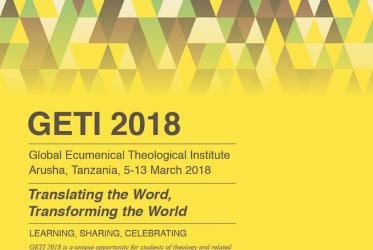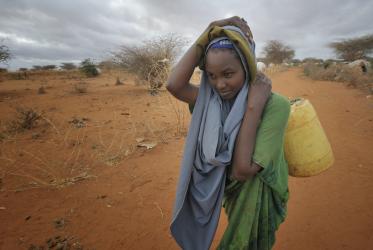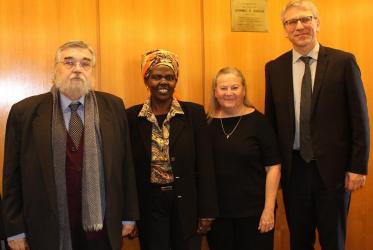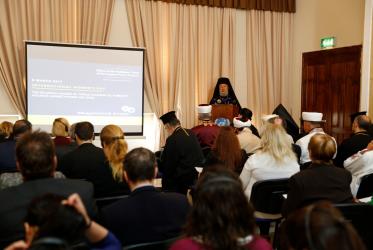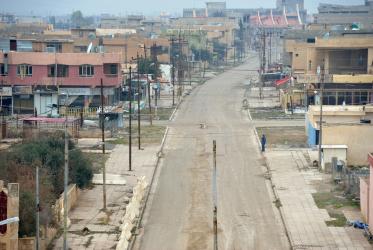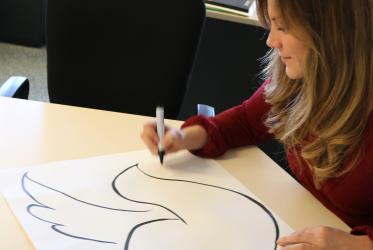Displaying 2041 - 2060 of 2970
On World Water Day, we ask: “why waste water?”
22 March 2017
In Lebanon, refugees face hardship - but find hope
16 March 2017
WCC gravely concerned over Israel’s travel ban
09 March 2017
“What can we contribute as a worldwide fellowship?”
06 March 2017
Seven weeks of Lent highlight water crisis in Africa
01 March 2017
Evangelism in Europe in radically changing landscapes
27 February 2017
Justice and peace in Africa: Where to start? Where to go?
27 February 2017
“Overcoming economic injustice” vision of WCC’s Athena Peralta
23 February 2017
How do you say “peace?”
20 February 2017
